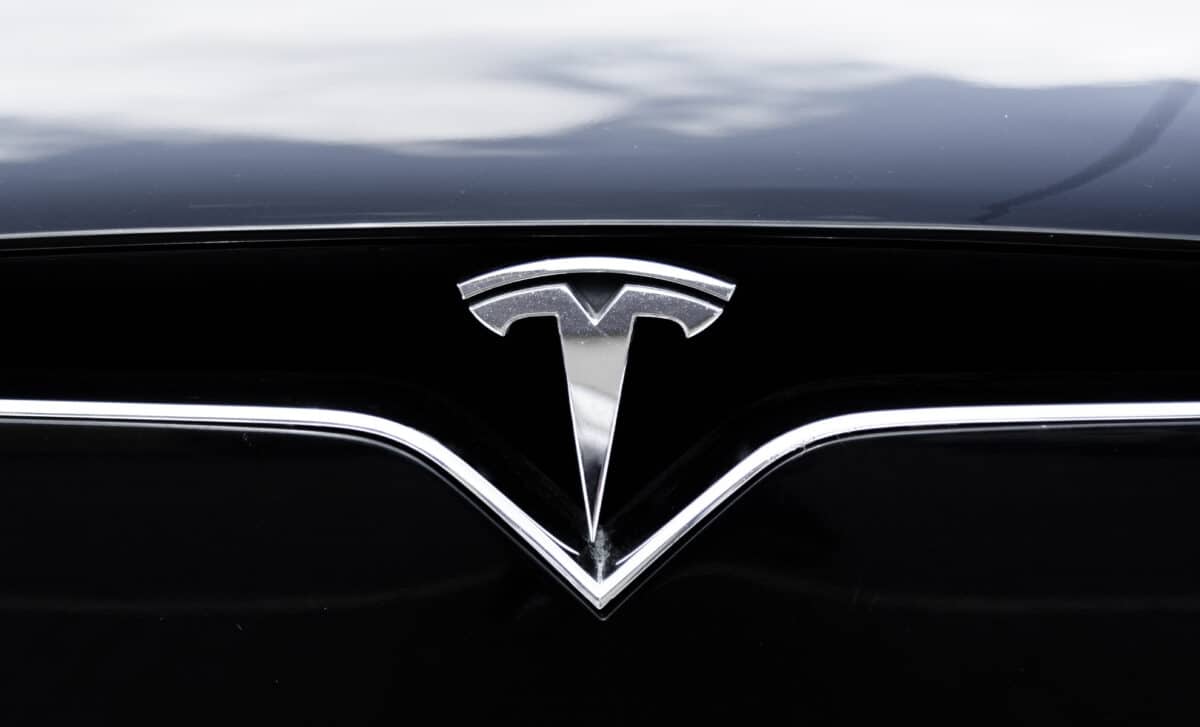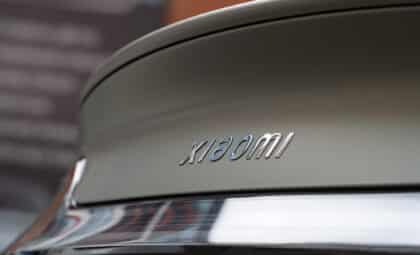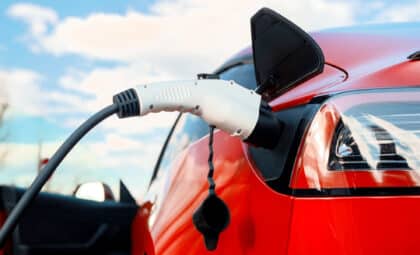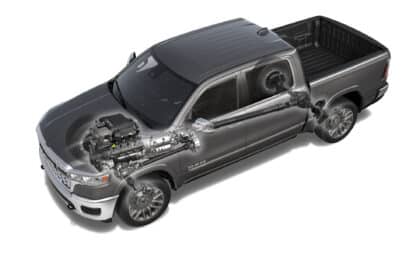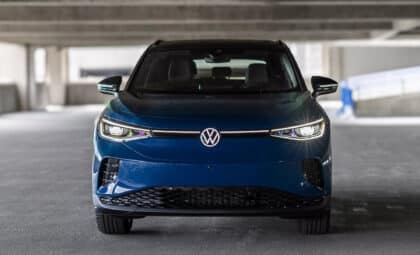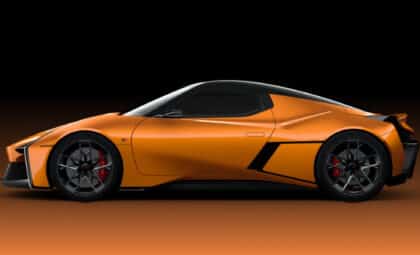Known as the “godfather of EVs” for leading the launch of the Nissan Leaf, Andy Palmer recently offered a stark assessment of Tesla’s new strategy during an interview with Business Insider. He warned that offering less for less, instead of more for less, is a poor response to the high-value vehicles now coming out of China.
Tesla, once the poster child of electric innovation, is facing a very different market than it was a decade ago. The brand that disrupted legacy automakers is now the one being disrupted. And Palmer’s warning suggests that price alone won’t be enough to protect its place.
Stripped-down Models Spark Concern
In an effort to appeal to a wider customer base, Tesla introduced two new variants: the Model 3 Standard and the Model Y Standard, priced at $37,000 and $40,000. The lower price comes at a cost—these models lack key features that many drivers now take for granted.
According to Supercar Blondie, the new versions omit capabilities such as Autosteer, rear infotainment screens, and even a basic radio. These omissions have been met with skepticism from the market. Tesla’s share price dipped shortly after the release, reflecting investor doubts about the wisdom of the move.
Palmer cautioned that this strategy could backfire, as competitors from China are offering far more at similar or even lower prices. “If you take out the features—and Tesla has taken out an awful lot of features—then that creates a new price point,” he said. “But that new price point doesn’t make it competitive with the Chinese competition, which are stacked with features.”
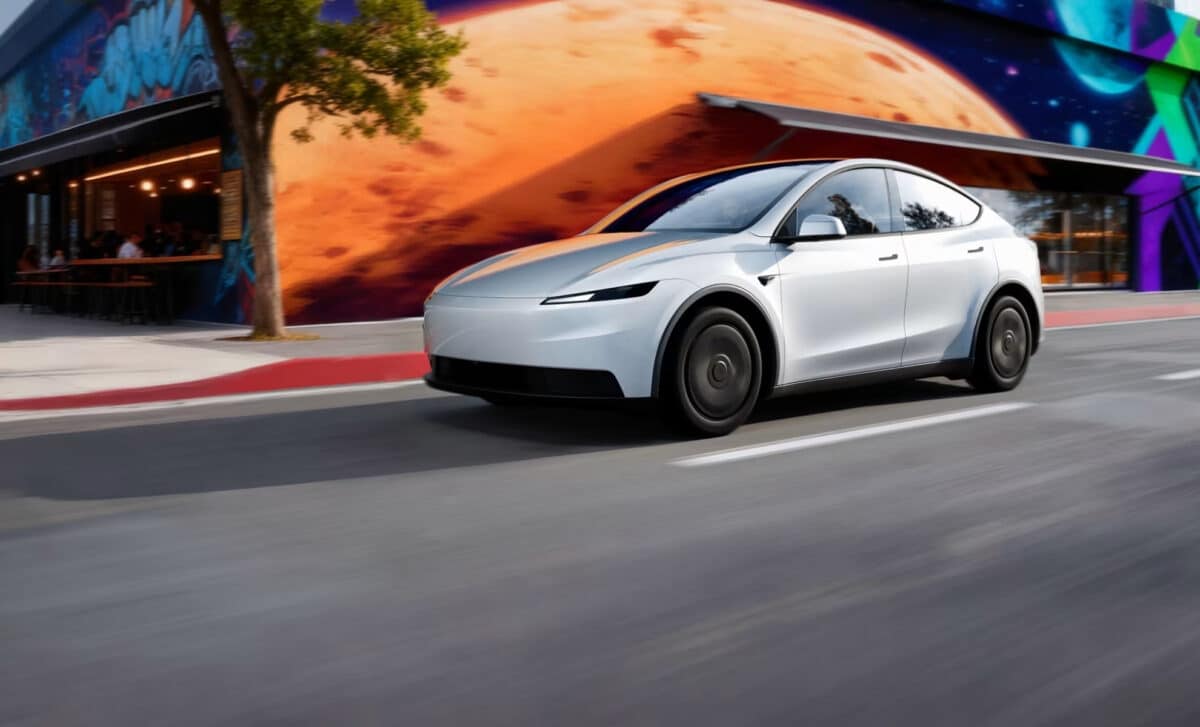
Chinese EV Makers Set a New Standard
While Tesla cuts back, Chinese brands are rapidly raising the bar for what budget EVs can offer. Manufacturers like BYD, Geely, and Xiaomi are flooding the market with cars that combine low cost and high functionality.
BYD’s Seagull starts at just $8,000 and comes with built-in driver-assistance technology. Xiaomi’s SU7—priced at $30,000—includes advanced features such as automated parking. As reported by Business Insider, these brands are not just making gains domestically but are expanding into Europe, Latin America, and other global markets.
Palmer pointed out that these vehicles “stacked with features” create a value proposition that Tesla’s stripped-down models can’t match. Instead of leading the innovation race, Tesla risks becoming a follower, reacting to moves made by others rather than setting the pace.
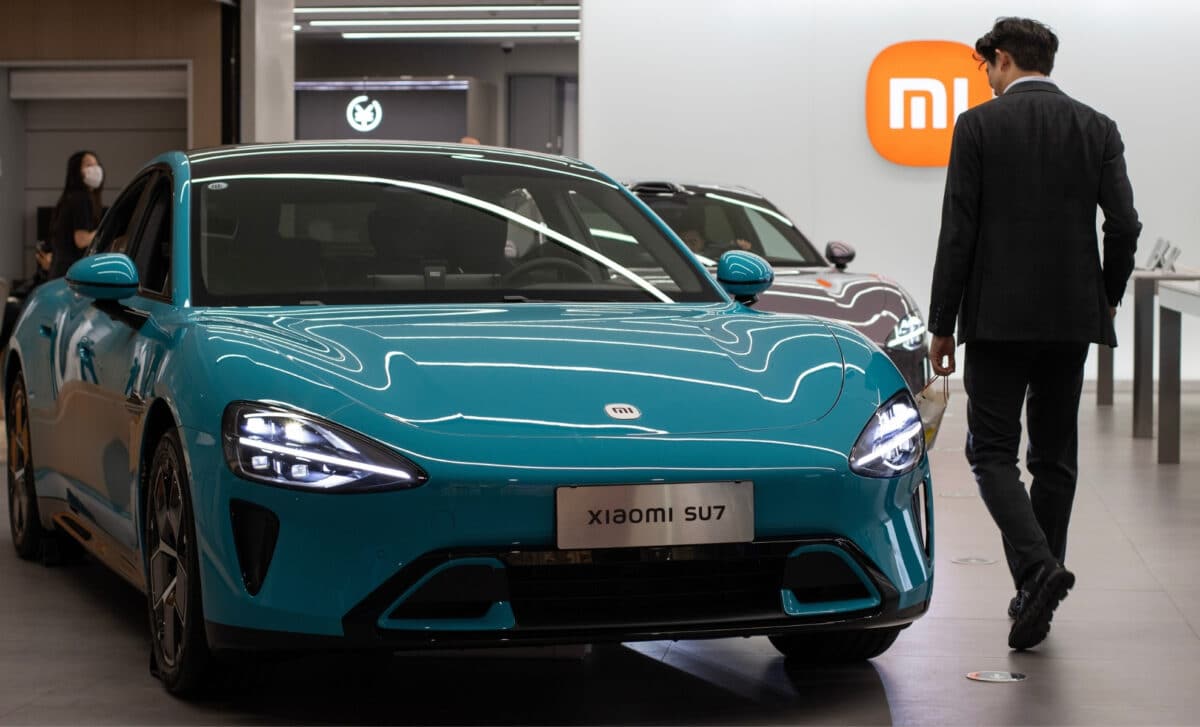
Warning Against Reliance on Trade Barriers
Beyond product design, Palmer issued a broader warning about how Western carmakers are responding to the rise of Chinese EVs. He argued that turning to tariffs and regulations is a short-term defense that won’t address the core issue: a failure to compete on product value.
“You have to address the issue rather than standing behind regulatory or tariff rules,” he said during the interview. “They’ll insulate you for a while, but they don’t make the problem go away.”
This stance is especially pointed given growing calls in the US and Europe for tighter import restrictions on Chinese EVs. But Palmer’s message is unambiguous: protectionism might delay the inevitable, but it won’t stop Chinese brands from reshaping the industry.

